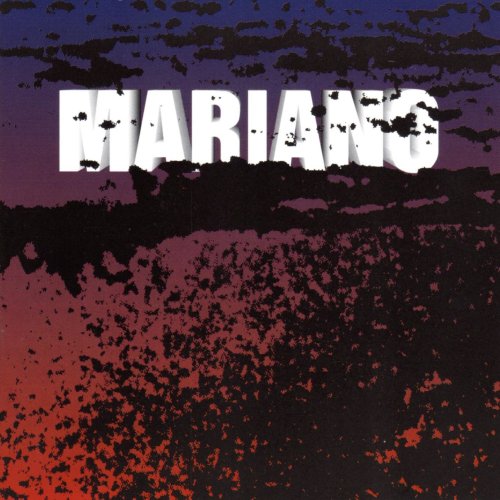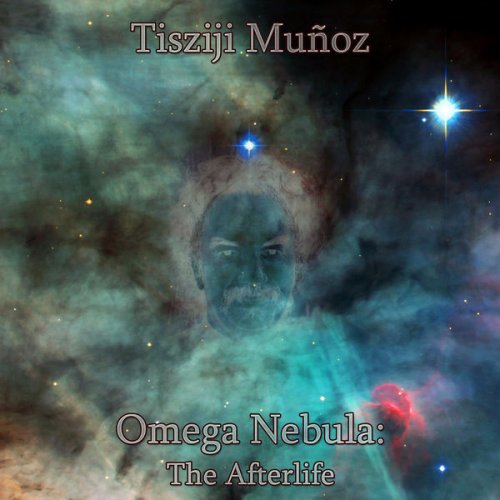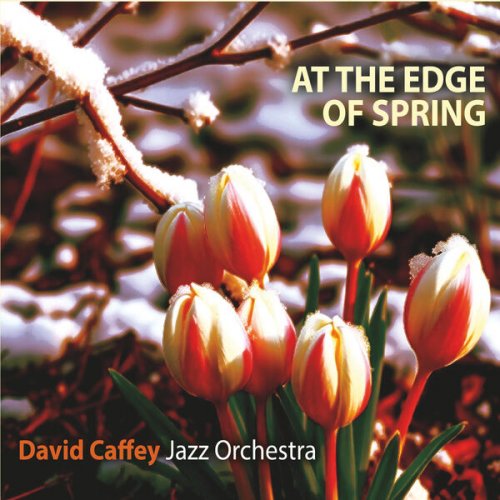Cupid & Psyche - Romantic Music (2023) Hi Res
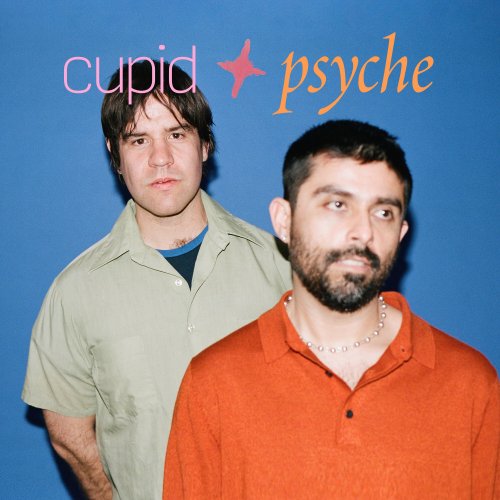
Artist: Cupid & Psyche
Title: Romantic Music
Year Of Release: 2023
Label: felte
Genre: Indie Rock, Dream Pop, Shoegaze
Quality: 320 kbps | FLAC (tracks) | 24Bit/44 kHz FLAC
Total Time: 00:34:54
Total Size: 82 mb | 222 mb | 398 mb
WebSite: Album Preview
Tracklist:Title: Romantic Music
Year Of Release: 2023
Label: felte
Genre: Indie Rock, Dream Pop, Shoegaze
Quality: 320 kbps | FLAC (tracks) | 24Bit/44 kHz FLAC
Total Time: 00:34:54
Total Size: 82 mb | 222 mb | 398 mb
WebSite: Album Preview
01. Cupid & Psyche - Romantic Music
02. Cupid & Psyche - Angels On The Phone
03. Cupid & Psyche - Spirit
04. Cupid & Psyche - Datura Sketch
05. Cupid & Psyche - Anxiety’s Rainbow
06. Cupid & Psyche - Serenity’s Pit
07. Cupid & Psyche - Against The Light
08. Cupid & Psyche - Jessica (Synergy)
The dual forces of shadow and light, despair and hope, frustration and catharsis are at play in the music of Cupid & Psyche, the Los Angeles-based indie rock duo of Michael Vidal and Juan Velasquez. First gaining recognition in the late aughts as members of the punk band Abe Vigoda, whose 2010 album Crush was named one of the “Best 50 Albums of the 2010s” by Pitchfork, the two have reunited as collaborators for the first time in a decade.
Finding themselves unmotivated by the pandemic, the two proposed going back into a practice room just to “make a bunch of noise,” Vidal says. As they reconnected over a cacophony of guitar feedback, the two felt a surge of creativity and feeling of ease the kind only a close friend could inspire. Soon, their cathartic jam sessions would birth the emotionally resonant songs that appear on their debut album, Romantic Music, arriving September 22 on felte.
Though they pull from a wide array of ‘80s and ‘90s influences, Cupid & Psyche bring together these disparate moods and genres through their own esoteric lens on Romantic Music making for a singular sound that at once feels familiar and alluringly hypnotic. Listeners will detect the gloom of post-punk and goth, the haziness of dream-pop and shoegaze, the bittersweet guitar melodies of second-wave emo, and the manic electronic rhythms of trip-hop and big beat.
Yet what’s irreplaceable is the way Vidal and Velasquez’s guitars intertwine and lock in with each other in an effortless dance of tension and release. The songs on Romantic Music were written by first figuring out these guitar parts, with Vidal’s lyrics coming afterwards. “Michael makes these very long chord progressions that are so strange to me,” Velasquez says. “Then I have to cut my way through it and weave in my own thing.” When these seemingly opposing guitar lines actually do end up working, it's as if there’s another third presence that materializes in the music, he adds. “It’s almost like I don’t know what parts are his or mine.”
The immersive soundscapes on Romantic Music are sometimes agitated and driving, while other times ethereal and transcendent. This duality matches the album’s lyrics of looking for a divine escape from the grim realities of existence, as well as the darkest parts of one’s psyche. “The thesis of the album is trying to transcend the limits of life and the struggle therein,” Vidal says. “There’s a lot of lyrics about feeling trapped or frustrated, and then trying to find a way out. There’s a lot of times I sing of hope and grasping towards love. But maybe in trying to escape, you take the wrong door, be it substance abuse or other vices.”
“Wanting to pull your best self out of yourself” is one of the main feelings that drives album standout “Serenity’s Pit,” Vidal says. “It’s about trying to literally pry yourself away from your shadow self.” Over tangling guitars and frantic breakbeats, he sings of feeling powerless, yet still having the hope that he could be a better person or find the grace of a higher entity, God, truth, or all of the above. About halfway into the nearly six-minute song, it immediately starts to relax into a wash of chilled-out guitars, representing the calm that arrives after releasing one's anxieties.
Elsewhere, on the pensive “Against the Light,” Vidal expresses his dissatisfaction of modern life through the images of smashed screens. “I can’t trust I’ve given up / The life I’ve lived without this stuff,” he sings with an emotive delivery that effortlessly ripples with layers of emptiness, despair, and yearning. While he could be referring to substance use, the vagueness of the word “stuff” also signals a desire to forge a life less reliant on material goods or worldly desire.
Technology is also presented as a greater force on “Angels On the Phone,” whose breezy surf rock melodies hover above a bed of ticking drums. “There’s this kind of spiritual nature of the internet—this overall cloud of perspectives and weird God-like omniscient view of the world,” Vidal says. “The internet is like a power greater than yourself, because it’s everyone’s perspectives, thoughts, and viewpoints, all swirling at once,” Velasquez adds.
The effortless intricacy of Romantic Music is a result of Vidal and Velasquez’s two decades of playing guitar together. They met in 2001 as high schoolers in the LA suburb of Chino, California, bonding over their love of Smashing Pumpkins, Nine Inch Nails and other alternative rock bands of the time. Through their association with LA’s DIY scene, they found a listenership with Abe Vigoda, a four-member band who released four critically-acclaimed albums and toured with Vampire Weekend before disbanding in 2011. After growing up with each other, the members were reaching their mid-20s, realizing that dynamics had soured and that they were all ready for a new chapter.
Now as Cupid & Psyche, Vidal and Velasquez return to a friendship that creatively feels like home except this time, with more experience, self-knowledge, and less pressure to make anything other than the music that emerges naturally. The LP’s title Romantic Music is tongue-in-cheek, since there are no love songs proper on the project, and the phrase itself can imply a kind of light listening. But it befits that deep bond that the members have, as friends who understand and empathize with each other’s worst, so they’re capable of bringing out each other’s best.
Finding themselves unmotivated by the pandemic, the two proposed going back into a practice room just to “make a bunch of noise,” Vidal says. As they reconnected over a cacophony of guitar feedback, the two felt a surge of creativity and feeling of ease the kind only a close friend could inspire. Soon, their cathartic jam sessions would birth the emotionally resonant songs that appear on their debut album, Romantic Music, arriving September 22 on felte.
Though they pull from a wide array of ‘80s and ‘90s influences, Cupid & Psyche bring together these disparate moods and genres through their own esoteric lens on Romantic Music making for a singular sound that at once feels familiar and alluringly hypnotic. Listeners will detect the gloom of post-punk and goth, the haziness of dream-pop and shoegaze, the bittersweet guitar melodies of second-wave emo, and the manic electronic rhythms of trip-hop and big beat.
Yet what’s irreplaceable is the way Vidal and Velasquez’s guitars intertwine and lock in with each other in an effortless dance of tension and release. The songs on Romantic Music were written by first figuring out these guitar parts, with Vidal’s lyrics coming afterwards. “Michael makes these very long chord progressions that are so strange to me,” Velasquez says. “Then I have to cut my way through it and weave in my own thing.” When these seemingly opposing guitar lines actually do end up working, it's as if there’s another third presence that materializes in the music, he adds. “It’s almost like I don’t know what parts are his or mine.”
The immersive soundscapes on Romantic Music are sometimes agitated and driving, while other times ethereal and transcendent. This duality matches the album’s lyrics of looking for a divine escape from the grim realities of existence, as well as the darkest parts of one’s psyche. “The thesis of the album is trying to transcend the limits of life and the struggle therein,” Vidal says. “There’s a lot of lyrics about feeling trapped or frustrated, and then trying to find a way out. There’s a lot of times I sing of hope and grasping towards love. But maybe in trying to escape, you take the wrong door, be it substance abuse or other vices.”
“Wanting to pull your best self out of yourself” is one of the main feelings that drives album standout “Serenity’s Pit,” Vidal says. “It’s about trying to literally pry yourself away from your shadow self.” Over tangling guitars and frantic breakbeats, he sings of feeling powerless, yet still having the hope that he could be a better person or find the grace of a higher entity, God, truth, or all of the above. About halfway into the nearly six-minute song, it immediately starts to relax into a wash of chilled-out guitars, representing the calm that arrives after releasing one's anxieties.
Elsewhere, on the pensive “Against the Light,” Vidal expresses his dissatisfaction of modern life through the images of smashed screens. “I can’t trust I’ve given up / The life I’ve lived without this stuff,” he sings with an emotive delivery that effortlessly ripples with layers of emptiness, despair, and yearning. While he could be referring to substance use, the vagueness of the word “stuff” also signals a desire to forge a life less reliant on material goods or worldly desire.
Technology is also presented as a greater force on “Angels On the Phone,” whose breezy surf rock melodies hover above a bed of ticking drums. “There’s this kind of spiritual nature of the internet—this overall cloud of perspectives and weird God-like omniscient view of the world,” Vidal says. “The internet is like a power greater than yourself, because it’s everyone’s perspectives, thoughts, and viewpoints, all swirling at once,” Velasquez adds.
The effortless intricacy of Romantic Music is a result of Vidal and Velasquez’s two decades of playing guitar together. They met in 2001 as high schoolers in the LA suburb of Chino, California, bonding over their love of Smashing Pumpkins, Nine Inch Nails and other alternative rock bands of the time. Through their association with LA’s DIY scene, they found a listenership with Abe Vigoda, a four-member band who released four critically-acclaimed albums and toured with Vampire Weekend before disbanding in 2011. After growing up with each other, the members were reaching their mid-20s, realizing that dynamics had soured and that they were all ready for a new chapter.
Now as Cupid & Psyche, Vidal and Velasquez return to a friendship that creatively feels like home except this time, with more experience, self-knowledge, and less pressure to make anything other than the music that emerges naturally. The LP’s title Romantic Music is tongue-in-cheek, since there are no love songs proper on the project, and the phrase itself can imply a kind of light listening. But it befits that deep bond that the members have, as friends who understand and empathize with each other’s worst, so they’re capable of bringing out each other’s best.
![Johnny Janis - Playboy Presents... Once In a Blue Moon (2015) [Hi-Res] Johnny Janis - Playboy Presents... Once In a Blue Moon (2015) [Hi-Res]](https://img.israbox.com/img/2025-12/29/hpechfkz7kpvyn01p0qdae2u4.jpg)
![Lionel Hampton - Apollo Hall Concert 1954 (Remastered) (2023) [Hi-Res] Lionel Hampton - Apollo Hall Concert 1954 (Remastered) (2023) [Hi-Res]](https://www.dibpic.com/uploads/posts/2025-12/1766995341_lhac500.jpg)
![Nighthawks - Paris Dakar (2025) [Hi-Res] Nighthawks - Paris Dakar (2025) [Hi-Res]](https://www.dibpic.com/uploads/posts/2025-12/1767093398_folder.jpg)
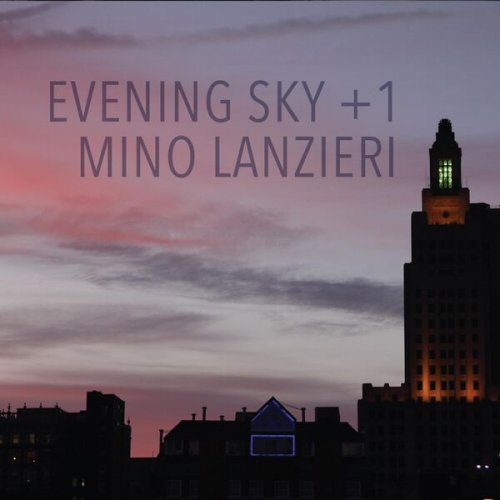
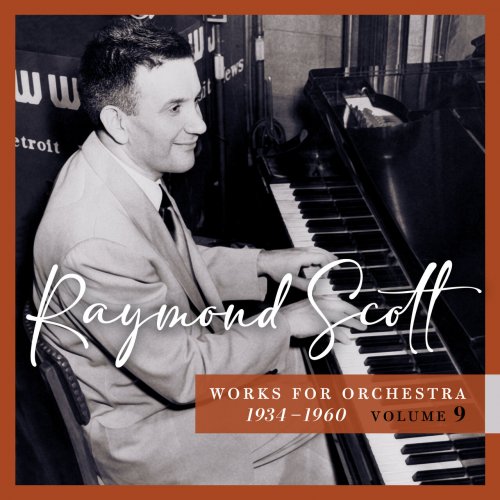
![Max Buettner - Reconnect (2025) [Hi-Res] Max Buettner - Reconnect (2025) [Hi-Res]](https://www.dibpic.com/uploads/posts/2025-12/1766910938_cover.jpg)
